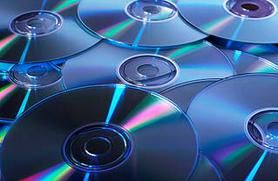In the age of streaming and digital downloads, compact discs (CDs) have become relics of the past for many of us. However, if you're like many who have amassed a collection over the years, you might find yourself wondering what to do with old CDs.
Throwing them away seems wasteful and harmful to the environment, given their plastic composition. Luckily, there are several responsible and creative ways to get rid of old CDs.
Advertisement
In this article, we'll provide seven suggestions that can help you declutter without posing any risks to the environment. As you'll discover, you may even improve the environment for future generations!
